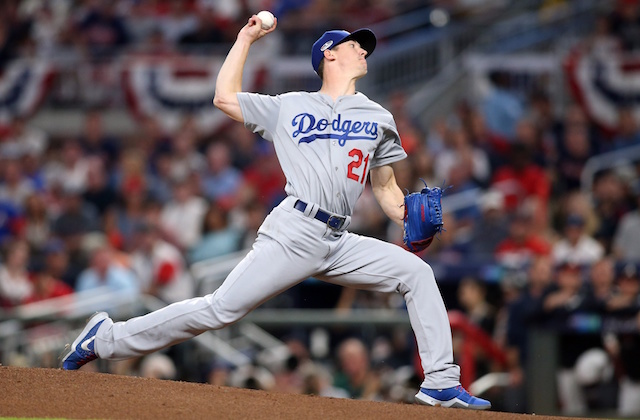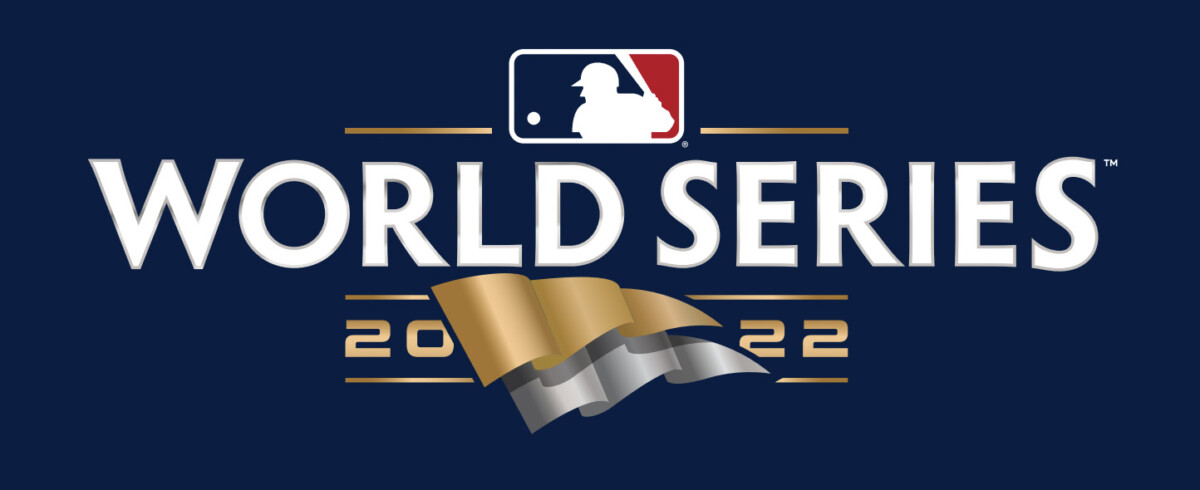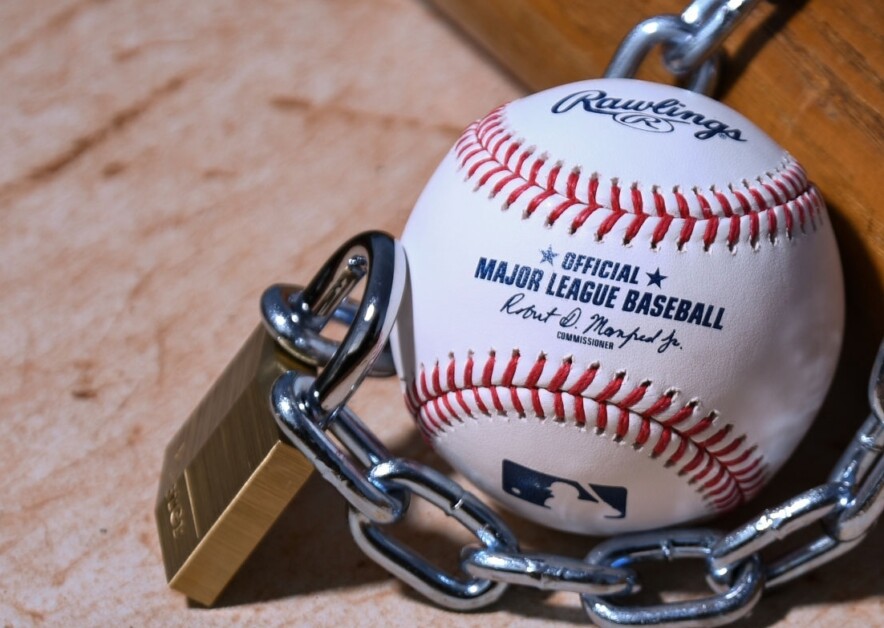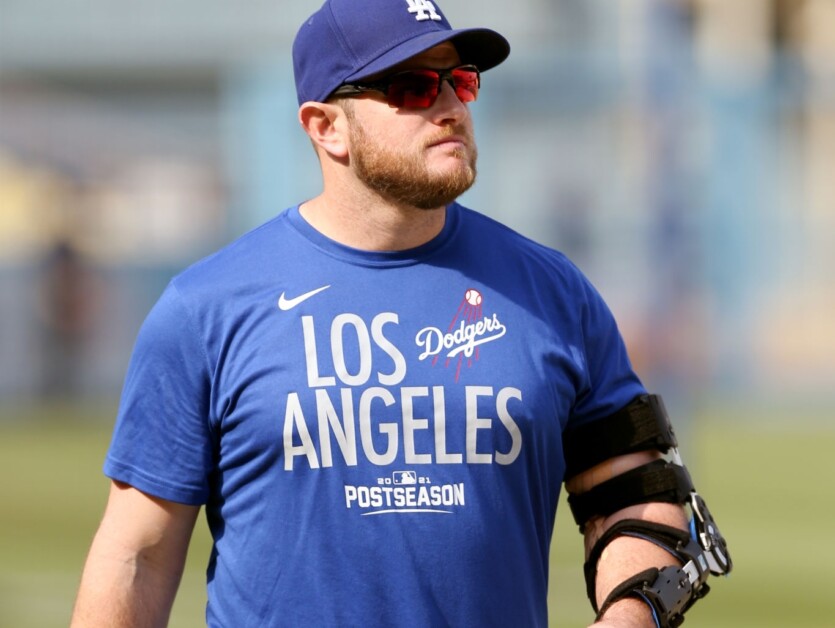MLB and the Players Association (MLBPA) began daily meetings at Roger Dean Stadium last Monday in effort to get a new collective bargaining agreement (CBA) in place, but now are less than 24 hours from a league-imposed deadline that could result in Opening Day being pushed back.
Weeks after first informing the union of a February 28 deadline for a new CBA, MLB more recently doubled down on their stance. The league reiterated should Monday pass without a deal, the result would be canceled regular season games that don’t get rescheduled.
However, it is worth noting a shortened season must be agreed upon by the MLBPA as well. Such was the case in March 2020 when the union explicitly granted him the authority to impose a 60-game schedule.
Although there had been some optimism heading into the weekend, negotiations seemingly regressed and each side was left frustrated.
CBA proposals were not exchanged on Sunday, but MLB did relay the elimination of a qualifying offer system would need to be traded for increased luxury tax penalties, and they continue to prefer an expanded postseason of 14 teams, per Ronald Blum of the Associated Press:
In addition, MLB has tied the elimination of direct free-agent compensation to players agreeing to higher luxury tax rates and still wants to expand the playoffs to 14 teams rather than the union’s preference for 12. MLB also has kept its proposal for an international amateur draft on the table.
While it could not have been considered official because a new CBA wasn’t yet ratified, MLB commissioner Rob Manfred did previously indicate an agreement had been reached on implementing a universal designated hitter and eliminating draft pick compensation in free agency, among other subjects.
The latest report now suggests MLB has reversed course as they continue to explore imposing harsher luxury tax penalties. That has been a contentious area of negotiations, as the league and union remain far apart on luxury tax thresholds for a new CBA.
What are key issues for MLB & MLBPA?
With respect to the competitive balance tax, the union is hoping to have the threshold set at $245 million for the 2022 season and increase to $273 million by the final year of the CBA.
MLB has countered at $214 million for the 2022 and 2023 seasons, then $216 million, $218 million and $220 million over the remaining lifetime of the CBA. The competitive balance tax line was set at $210 million in 2021.
With the pre-arbitration bonus pool, the MLBPA set their ask at $115 million. The league has yet to exceed $20 million.
The number of teams that would be part of a Draft lottery and how to handle clubs that repeatedly are part of it, is another area of disagreement.
Both sides have also maintained their respective stances on an expanded playoff format. The union has made it clear they will not approve any expanded postseason for 2022 if a full season is not played.
Have you subscribed to the Dodger Blue YouTube channel? Be sure to ring the notification bell to watch player interviews, participate in shows and giveaways, and stay up to date on all Dodgers news and rumors!








